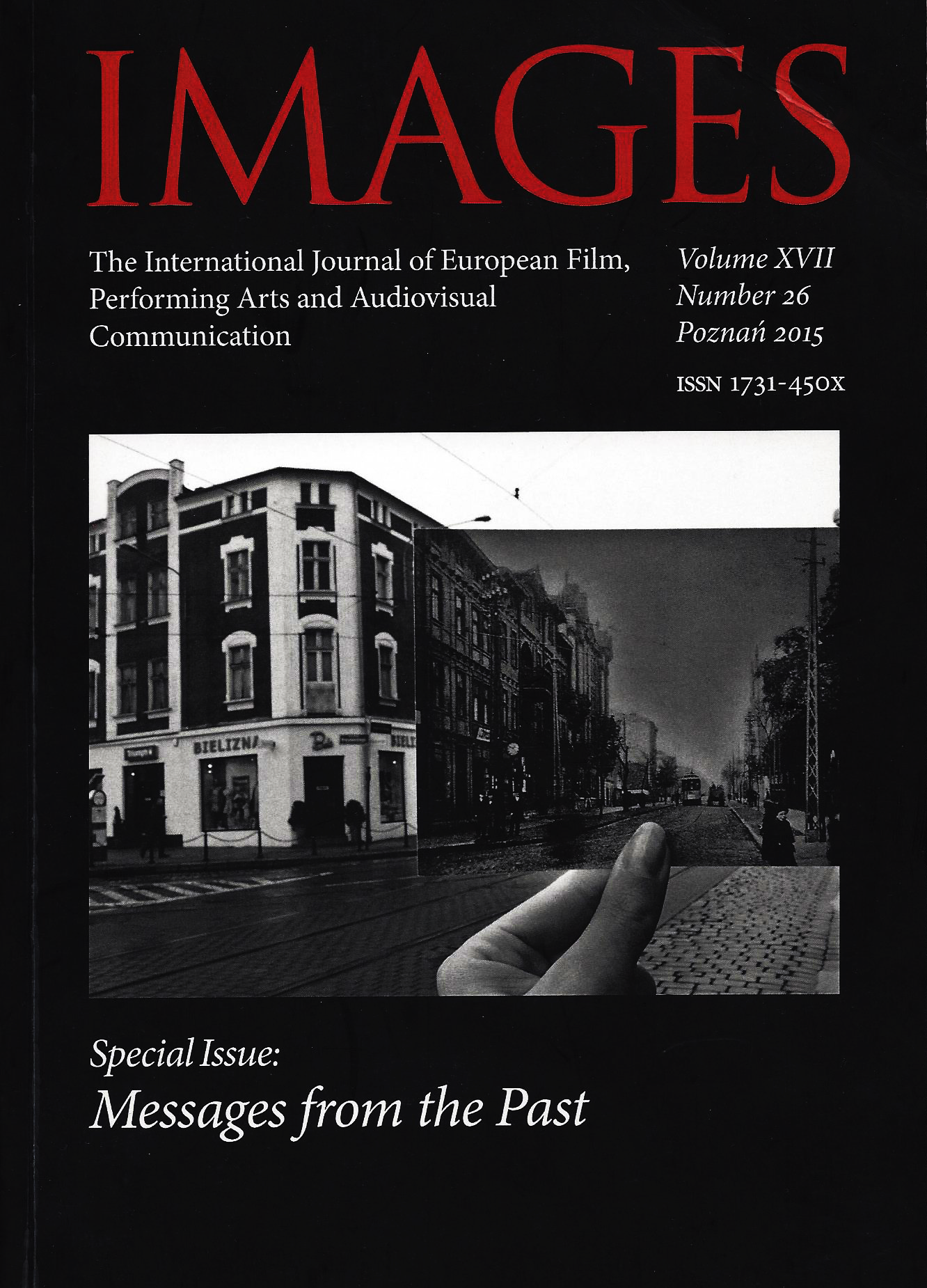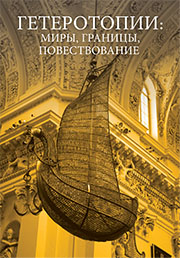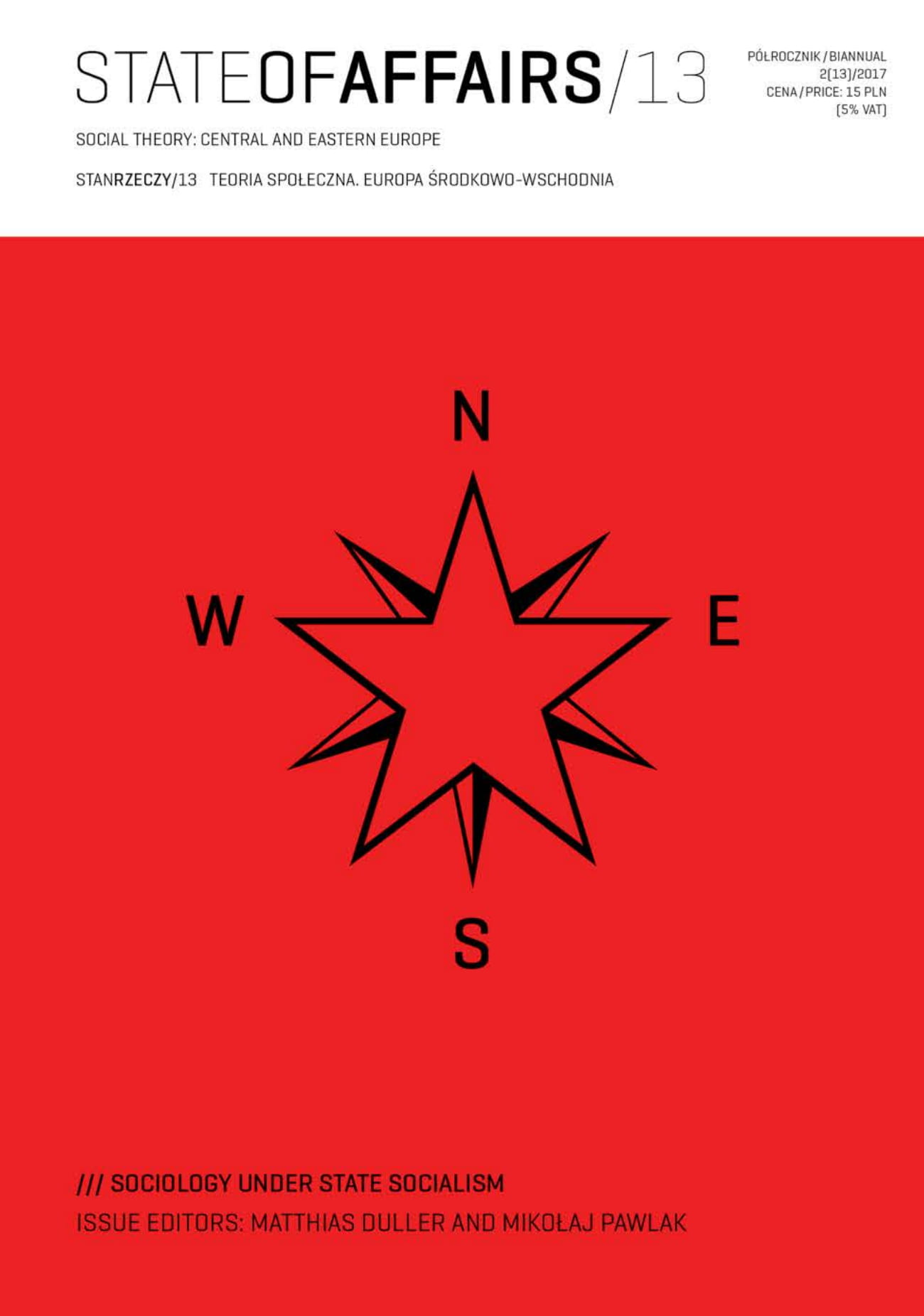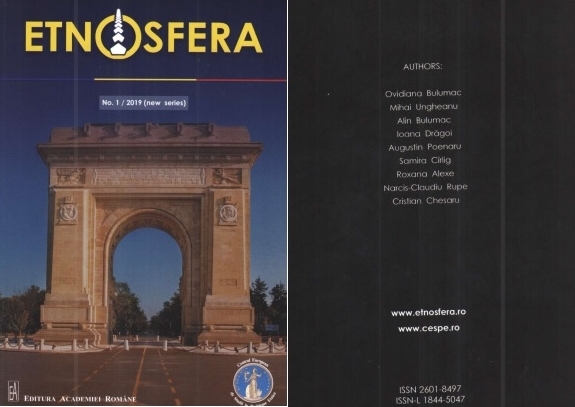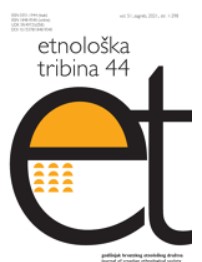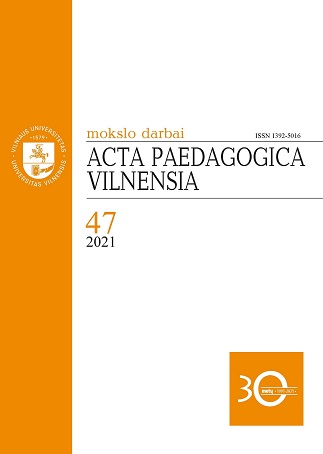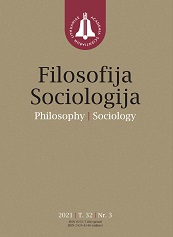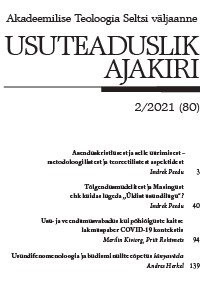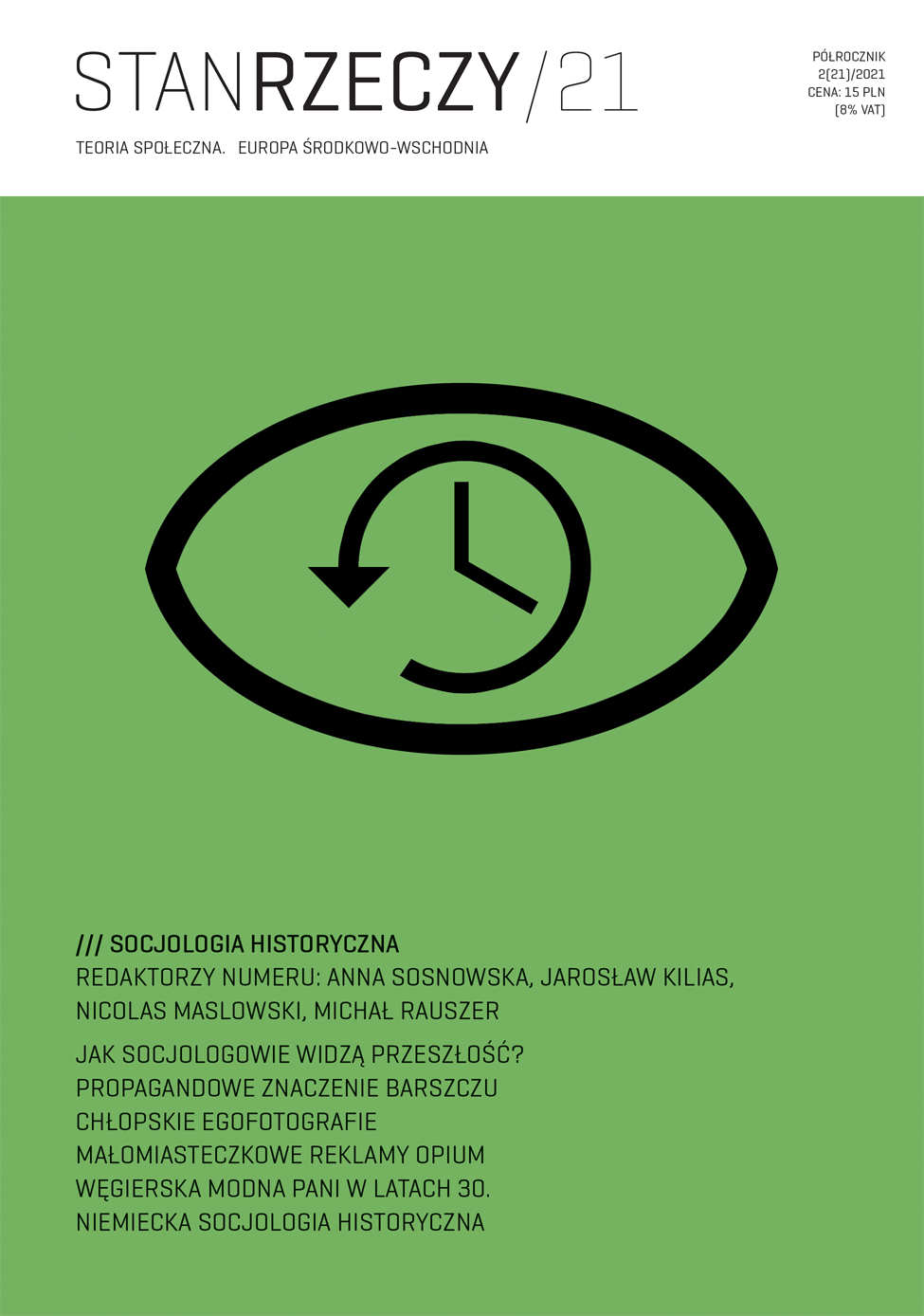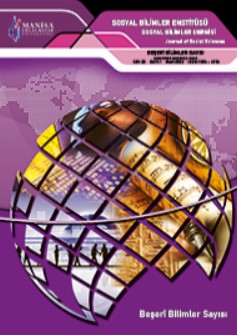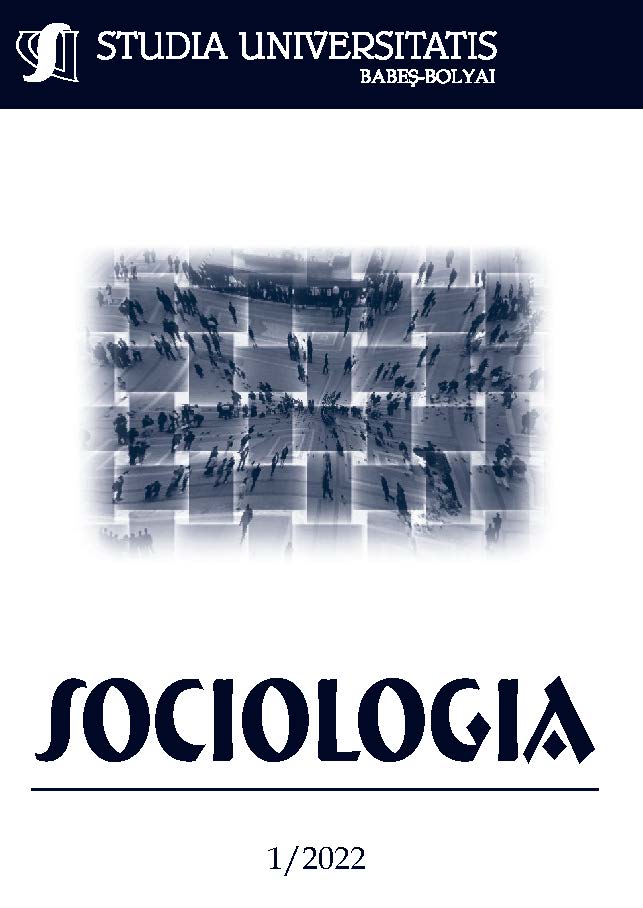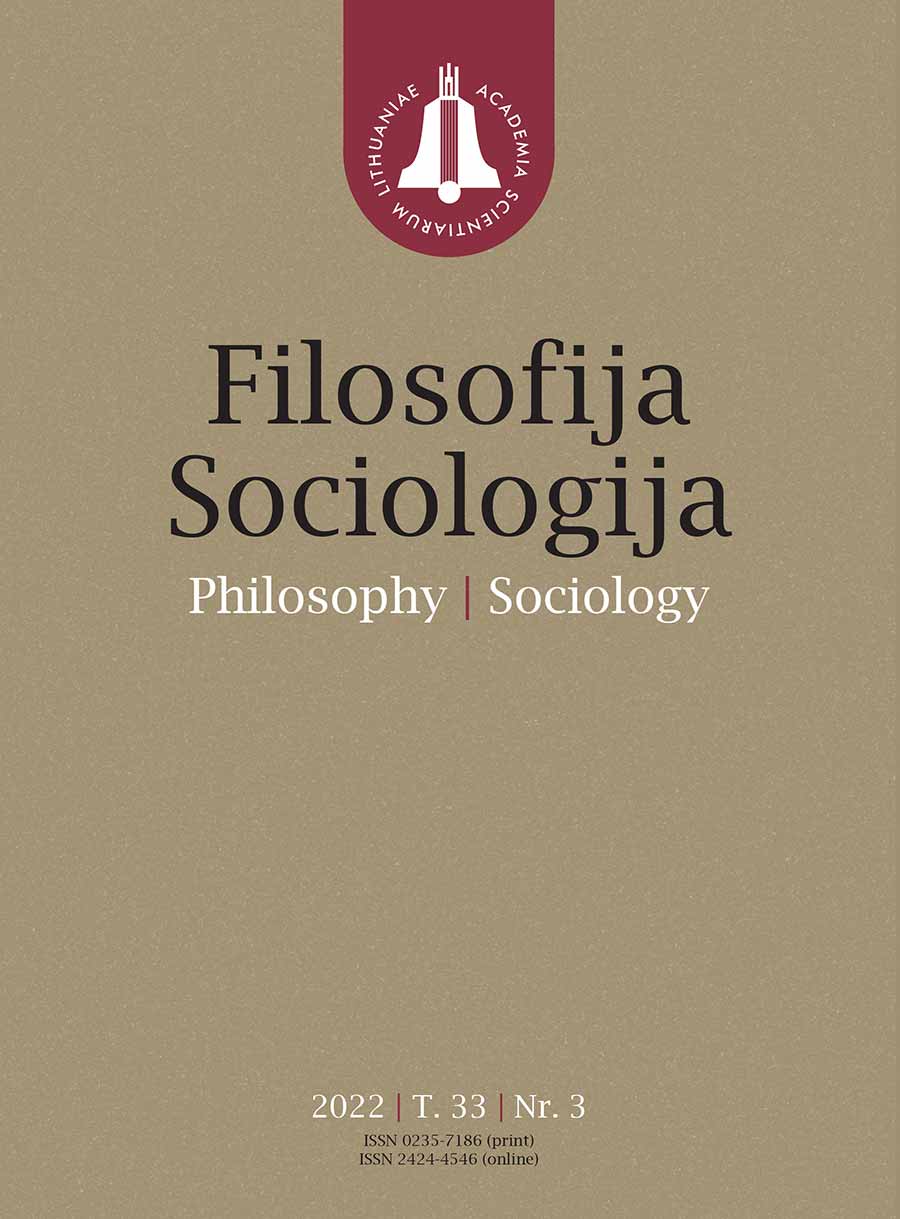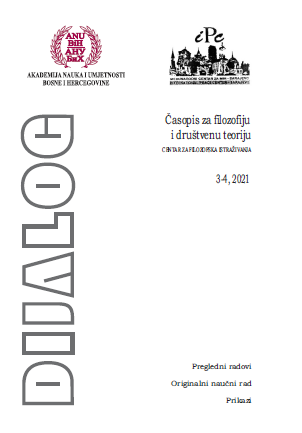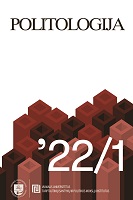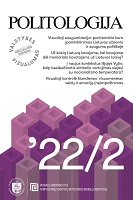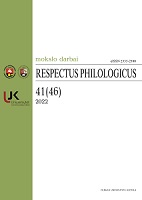Author(s): Inga Vidugirite / Language(s): Russian
Issue: 5/2015
The concept of heterotopias, which was introduced by Michel Foucault almost 50 years ago to define and to understand the heterogenic nature of space, was recently actualized by the spatial turn in social sciences and humanities. The notion of heterotopias and their principles that were defined by Foucault in his famous lecture “On Other Spaces: Utopias and Heterotopias”, became an analytic device that helps to recover alternative and specific regimes of functioning of certain places in space. At the same time, the weakness of the borderline between the “objective” (“real”) and the “subjective” (fictive) in the postmodern thinking and imagination led to the considering of heterotopias of inner space of a text (artistic space) or heterotypic spaces of literary field. In literature, heterotopias function as a bridge between physical world and a text, in which such heterotopias as a labyrinth, a mirror, a theatre, or a castle are represented. Heterotopias are places of transgression of a subject that is grounded in specific heterotypical condition of a space. So, like utopias, heterotopias suggest a way of thinking about a man and his world as well as about their representations. The book Heterotopias: Worlds, Borders, Narratives consists of four parts. The division between them is based on the thematic ground and on the focus (the size) of space in question as well as on the relation between reality and fiction – if a text presupposes links to the outer world. The First Part of the book is devoted to the discussion of the big units of the Earth (World, Russia, Ural, Ukraine) and to their representations in historical, mythological, and cartographic discourses as well as to the spatial structures of human mind that enable thinking of non-spatial phenomenon in spatial terms (dreams, alternative life, death). The Second Part focuses on cities and their heterotopias in literary texts, which could be representations of certain real places as well as a result of certain strategies to make a place a kind of heterotopia. The Third Part analyses the heterotopia of border regions where languages and cultures meet and converge on different levels. The representations of such heterotopias could be found on the level of every-day life and communication as well as on the level of political and cultural discussion in a magazine or on the level of the peculiar rhyme structure of one poem. In this part, tree articles on Vilnius’ heterotopias are presented. The Fourth Part of the book discusses heterotopias that are invented and supported only by a literary text. Some of them have referents in the outer world; however, their heterogenic character is a result of textual strategies. The whole book leads to the conclusion that interdisciplinary research of heterotopias as well as of other places in the World and texts is a productive trend for investigating the postmodern world and a man, because the questions of spaces and places, and also the language based on spatial categories, enable various connections between worlds, minds and disciplines.
More...

